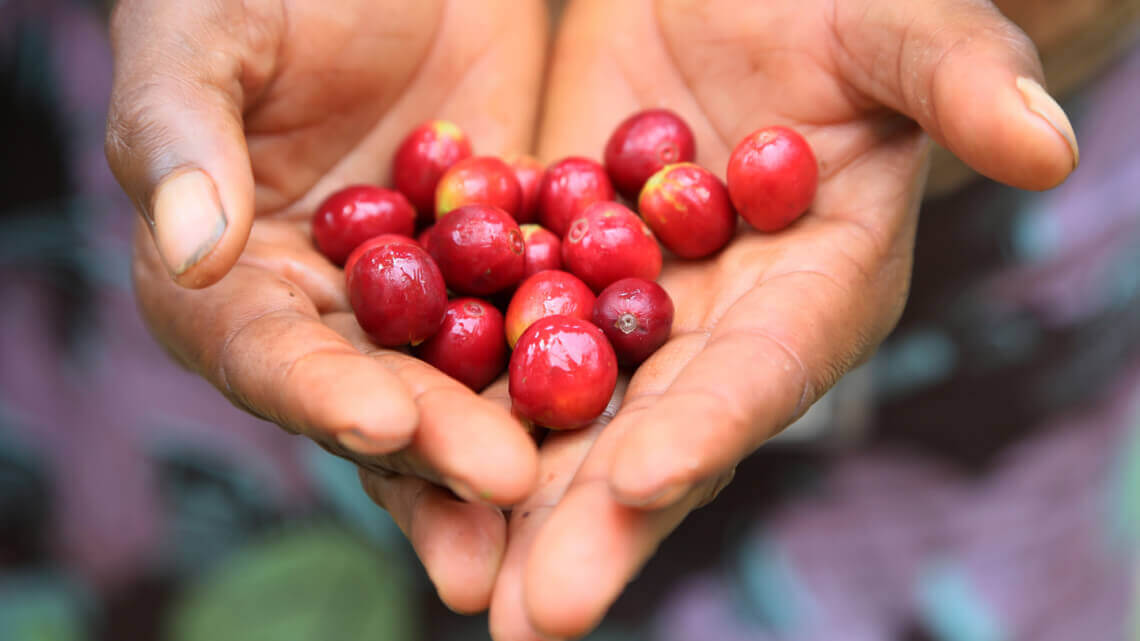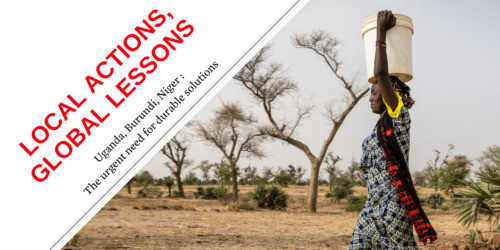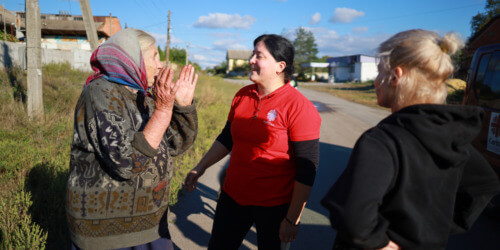In 2015, the international community adopted the Sustainable Development Goals (SDGs), whose second objective, #NoHunger, aims to eliminate all forms of food insecurity: hunger, malnutrition and obesity by 2030. Barely three years later, a report by five United Nations agencies, The State of Food Security and Nutrition in the World 2018, indicates that there is little hope for such a successful outcome.
Painful Findings
In 2017, 821 million people were chronically malnourished, which is more than 17 million more than in 2016 and means a return to previous levels seen 10 years ago. Worldwide, 22 percent of children under the age of 5 suffer from stunted growth due to inadequate nutrition.
Another worrying finding is the sharp increase in obesity rates. Worldwide, 1 in 8 adults was obese in 2017 (18.6 percent in Belgium). The report stresses that obesity and hunger coexist in many countries and that it is primarily the poorest who face these problems. Either they go hungry, or they resort to cheap food of dubious quality, with high caloric content but low nutritional value.
Armed Conflicts and Climate Change
The report mentions two explanations for the resurgence of hunger: the increase in conflicts since 2010 and the effects of climate change. These factors destroy local food systems and undermine the resilience of the local population. However, the report does not mention the foundational cause of the continuing failure of the global food system to feed us all without irreversibly harming the planet.
For the Coalition Against Hunger, a network of 21 Belgian development organisations, which are actively fighting hunger and malnutrition [2], the situation is not hopeless. If we want to bring about the second SDG #NoHunger by 2030, it is high time to transform the dominant model of the agricultural food industry. The agricultural food industry creates poverty, is the largest producer of greenhouse gases and destroys biodiversity. It possesses, destroys or pollutes natural resources, the land and water that rural communities use to earn their living, thus fuelling new conflicts. In contrast to this model, which is controlled by a handful of transnational companies, there are more than 500 million family farms that produce 80% of food worldwide[3]. Paradoxically, these people are the first ones to suffer from hunger.
Changing models means facilitating a transition to agro-ecological food systems and facilitating food sovereignty, supporting family farmers, strengthening the rights of farmers, and putting an end to the monopoly and associated abuse of power by transnational companies.
The United Nations recently proclaimed the Decade of Family Agriculture 2019-2028. The Human Rights Council is about to adopt a Declaration of the Rights of Farmers. Within FAO, the UN’s Food and Agriculture Organization, the recognition of agro-ecology as the model to fight against hunger and poverty and to respond to agriculture-related climate challenges is rising.
AND BELGIUM?
Given the scale of these challenges, Belgium reacts too cautiously and at times even seems to be heading in the wrong direction. Last year, the Coalition against Hunger drew the attention of Alexander De Croo (Open Vld) to the risks associated with the new Strategy Paper on Agriculture and Food Security. The memorandum no longer gives priority to sustainable family farming. All prosperity is expected to come from the support to the private sector and new technologies. On top of this, Belgium is reluctant to adopt the important UN Declaration on the Rights of the Farmers at the forthcoming meeting of the UN Human Rights Council on September 27th.
This new United Nations’ report stresses, again, the urgency to change course. We invite our government to not miss the boat.
















